Text highlights historic contributions to research, education and clinical care
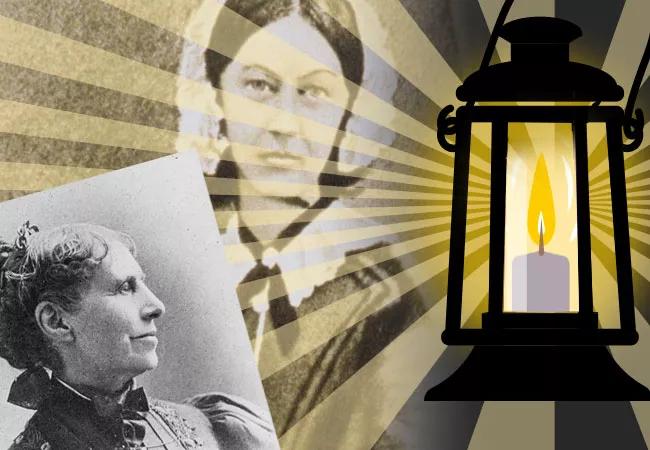
A new book coauthored by Cleveland Clinic nurse Mary Beth Modic, DNP, APRN-CNS, CDCES, FAAN, profiles the lives and careers of 50 innovative nurses whose significant contributions to medical science and nursing practice have helped shape global healthcare.
Advertisement
Cleveland Clinic is a non-profit academic medical center. Advertising on our site helps support our mission. We do not endorse non-Cleveland Clinic products or services. Policy
Modic wrote the book, Luminaries of the Past: Stories of Fifty Extraordinary Nurses, in collaboration with fellow nurse Joyce J. Fitzpatrick, PhD, RN, FAAN, director of the Marian K. Shaughnessy Nurse Leadership Academy, Frances Payne Bolton School of Nursing, at Case Western Reserve University in Cleveland. Designed to introduce middle-school age children to the work of remarkable nurses, the book has been praised by healthcare leaders for telling the stories of caregivers who have made transformative contributions to science, research, education and clinical care. The book earned first place in the Creative Works category of the 2021 American Journal of Nursing Book of the Year Awards and third place in the Nursing History category.
“I wrote the book because I simply love the practice of nursing; it is unlike any other profession,” explains Modic, a clinical nurse specialist in diabetes. “To effectively address the challenges we face as modern caregivers, it’s vital to understand the commitment of the pioneers who came before. Not only are their stories incredibly inspirational, they are also full of rich ‘teaching moments’ that apply to nearly every aspect of life.”
Although few nurses profiled in the book can be considered household names, Modic says their extraordinary stories deserve to be shared and understood.
“The contributions of famous physicians and scientists are frequently described in middle-school textbooks, but rarely are nurses included in these lessons,” she says. “The advocacy and intellect of the nurses we’ve described truly changed the world. It’s gratifying to have the opportunity to introduce them in the book as the legends they are.”
Advertisement
By reflecting on the struggles and triumphs of nurses who have gone before, we strengthen our power to shape the future of healthcare, says Meredith Foxx, MSN, MBA, APRN, NEA-BC, PCNS-BC, PPCNP-BC, CPON, Cleveland Clinic’s Executive Chief Nursing Officer.
“We can learn so much from history, and the stories of the heroic nurses profiled in this book are no exception,” Foxx says. “I think we can all draw inspiration from understanding how these pioneers stayed true to their convictions and overcame adversity.”
Although Modic has tremendous admiration for every one of the 50 nursing luminaries profiled in her book, she says there are five whose stories have had a particularly poignant effect on her life and career:
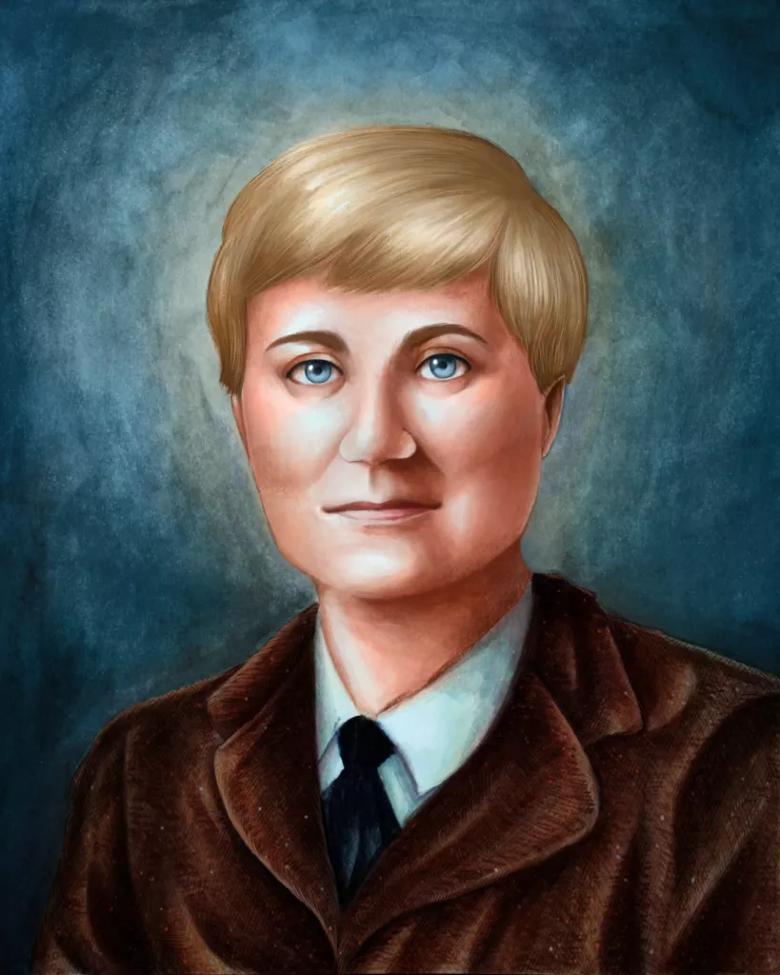
Image content: This image is available to view online.
View image online (https://assets.clevelandclinic.org/transform/7f4410e5-8b0d-4525-9b81-d0163eefb437/Colored-final_Breckinridge_rev3-819x1024_png)
image of mary breckinridge
Mary Breckinridge
Mary Breckinridge is credited with creating the specialty of nurse midwifery. Breckinridge’s first husband and two children died young, so she channeled her grief by doing all she could to improve the lives of other women and children. After learning the practice of nurse midwifery in Britain, she recruited two nurse midwives to join her in the United States, where they created the Frontier Nursing Service. She and her colleagues traveled by horseback to reach women in under-resourced communities throughout Kentucky. Breckinridge founded Frontier Nursing University, which – nearly 60 years after her death – continues to educate nearly 40% of all nurse midwives in the United States. She was inducted into the National Women’s Hall of Fame in 1995.
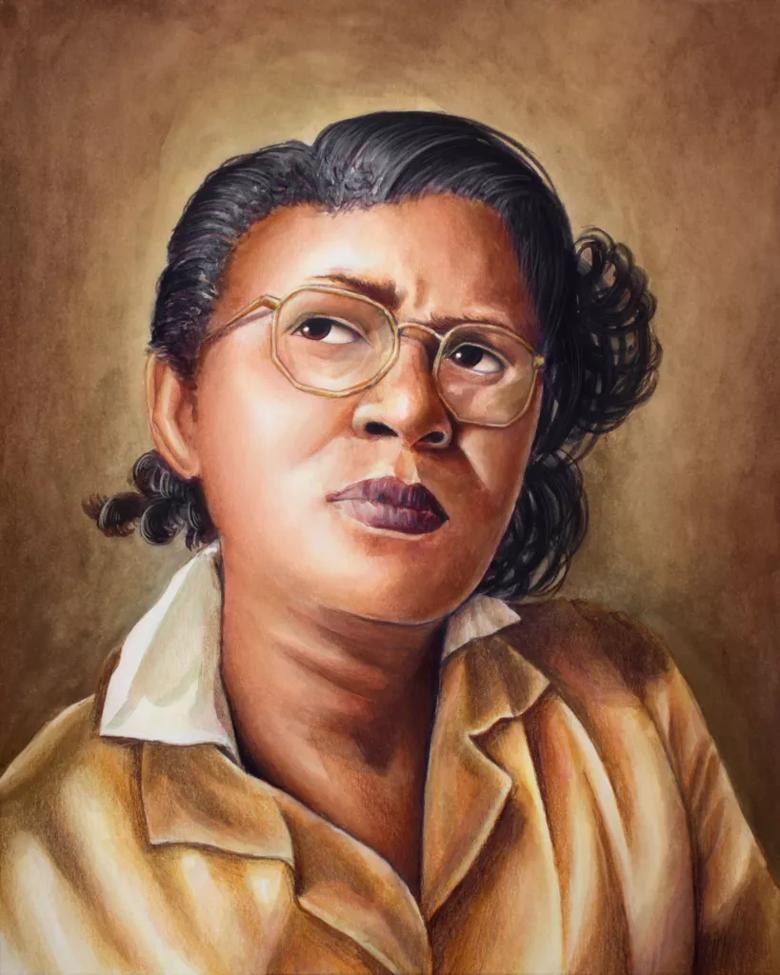
Image content: This image is available to view online.
View image online (https://assets.clevelandclinic.org/transform/d92b1d85-20f3-447b-b24d-2c153eb44144/Colored-final_Callen-1-819x1024_png)
Maude Callen
Advertisement
Orphaned at the age of six,Maude Callen was raised in the home of her uncle, the first Black physician in Tallahassee, Fla. After graduating from college and completing a nursing course at the Tuskegee Institute in Alabama, Callen relocated to South Carolina in 1923. There, she would devote her life to caring for patients in one of the poorest counties in the state, eventually operating a community clinic out of her home. In 1951, Life magazine famously published a 12-page photographic essay featuring Callen’s work. During her 62-year career as a nurse midwife, she is estimated to have delivered between 600 and 800 babies. She died in 1990 at age 91.
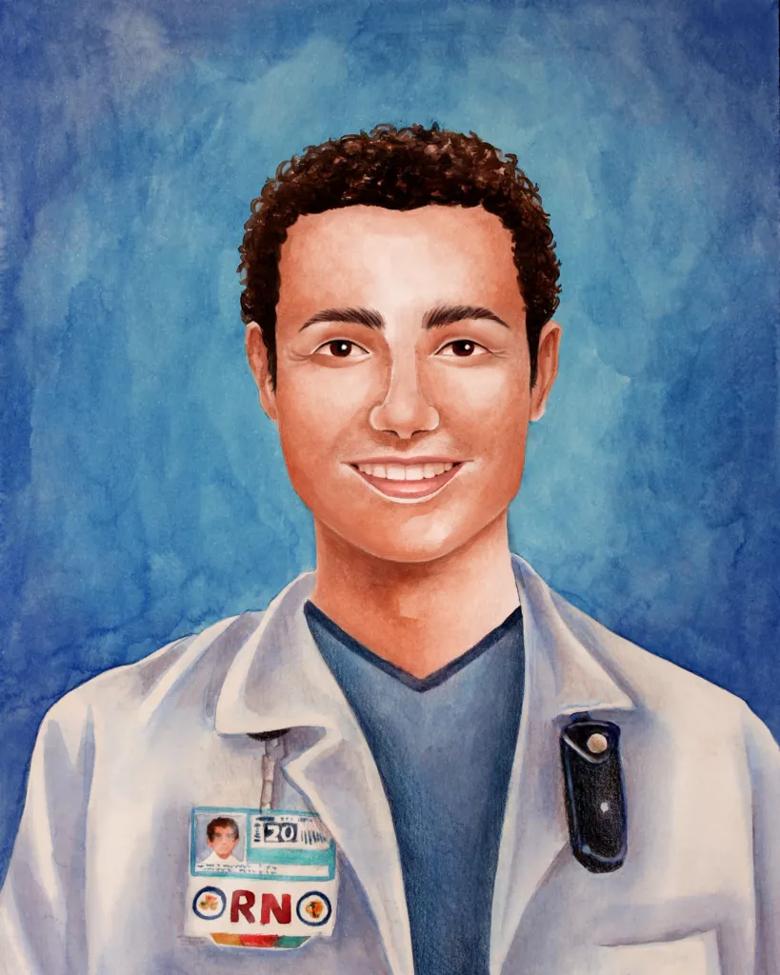
Image content: This image is available to view online.
View image online (https://assets.clevelandclinic.org/transform/6cd6bb1f-bbcb-447e-8560-62900f2b6766/Colored-final_Kelly_rev2-819x1024_png)
Kious Kelly
Kious Kellywas lauded by both colleagues and patients alike as a charismatic, innovative and empathic nurse. Originally from the Midwest, he relocated to New York in 1993 to pursue a dance career. After performing with several local ballet companies, Kelly found a new calling and graduated from nursing school in 2012. He was working as an assistant nurse manager on a cardiac stepdown unit in Manhattan when COVID-19 incapacitated hospitals across the world. He died of COVID-19 in March 2020 at age 48.
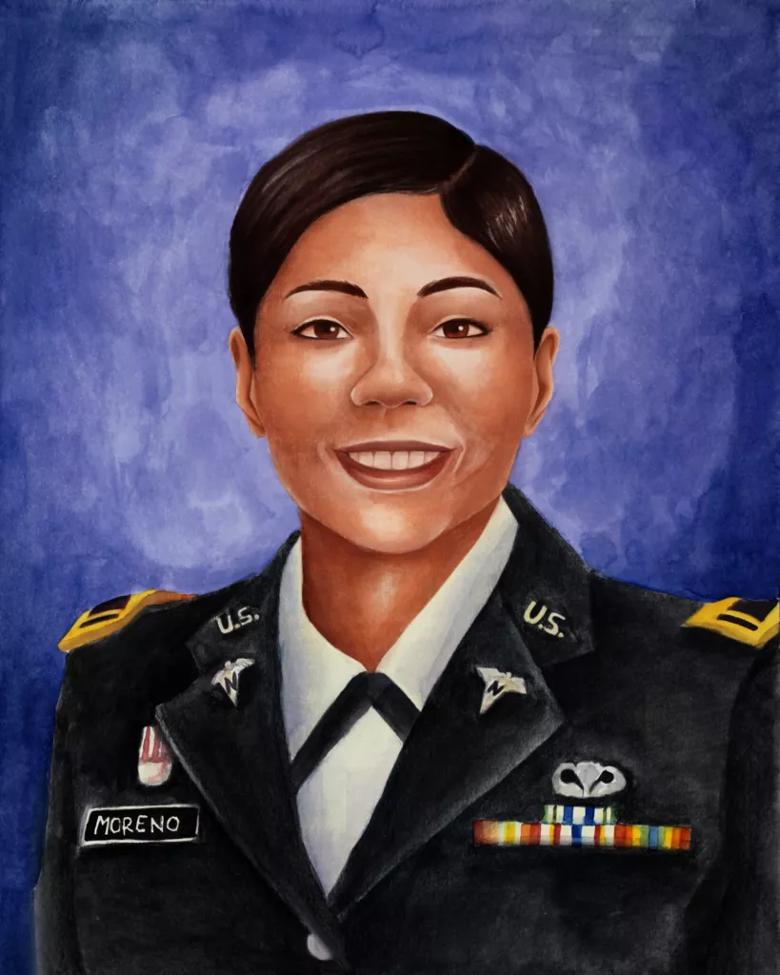
Image content: This image is available to view online.
View image online (https://assets.clevelandclinic.org/transform/199e17c5-bc4f-47e7-9fd0-5e30b4128df3/Colored-final_Moreno_rev2-819x1024_png)
Jennifer Moreno
Jennifer Moreno attended the University of San Francisco School of Nursing on a Reserve Officer Training Corps scholarship. She was a member of the first-ever female engagement team embedded in the Army Special Forces Green Beret and Rangers unit deployed to Afghanistan during Operation Enduring Freedom. Lt. Moreno was killed in 2013 at the age of 25 after stepping on a concealed landmine she encountered while rendering aid to another soldier. The night mission in which she was involved prevented an attack that would have ended the lives of hundreds of civilians. She was posthumously awarded the Bronze Star Medal, Purple Heart, and NATO Medal, and promoted to the rank of captain.
Advertisement
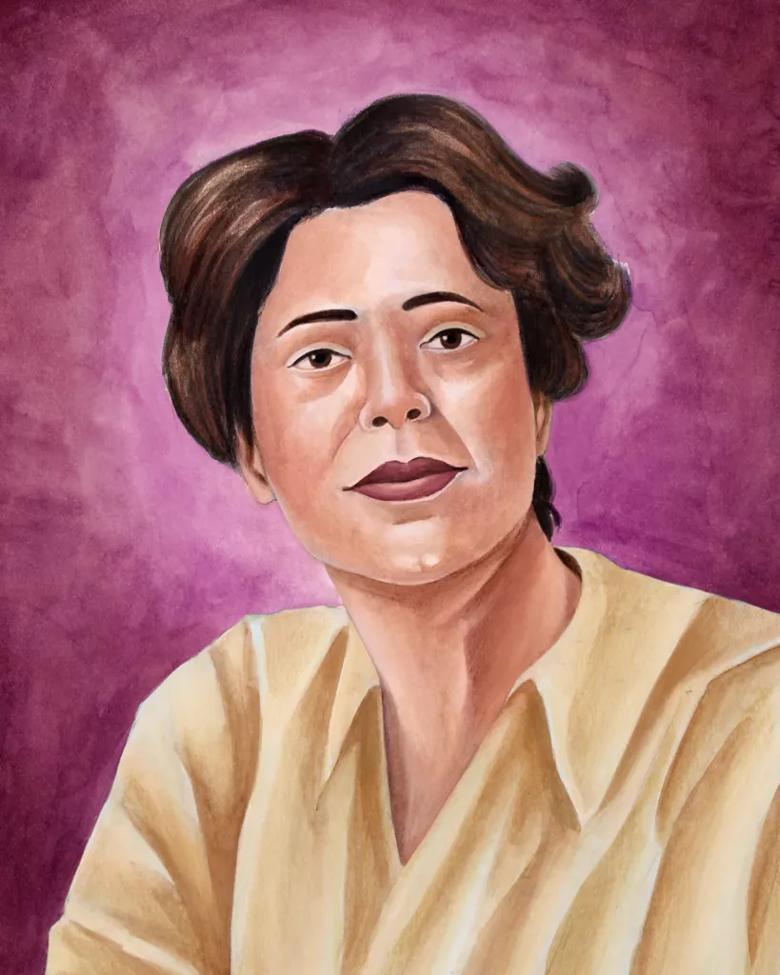
Image content: This image is available to view online.
View image online (https://assets.clevelandclinic.org/transform/efe47ff8-4b1e-43c8-9b21-d83bfa33eb30/Colored-final_Wald-Lillian-819x1024_png)
Lillian Wald
Revered nurse, activist and humanitarian Lillian Waldis credited with establishing the specialty of community health nursing. A fierce advocate for placing nurses in public schools, she was the first president of the National Organization for Public Health Nursing and a founding member of the National Association for the Advancement of Colored People. In 1893, she founded what is now known as the Henry Street Settlement, a nonprofit social service agency in Manhattan, New York City that continues to provide healthcare, social services and education to low-income adults and children. In 1922, the New York Times named Wald one of the 12 greatest living American women. After her death in 1940 at age 73, she was elected into the National Women’s Hall of Fame.
Although her book was written to educate children, Modic says the nurses’ stories can be instructive for adults as well.
“The adversities faced by the luminaries in this book reinforce an important reality: We all confront challenges and hardships, but even perceived ‘failures’ can teach us invaluable life lessons,” says Modic. “These nurses were dreamers, activists and healers. I think any caregiver can derive solace and inspiration from their stories when life feels overwhelming.”
Proceeds from Luminaries of the Past: Stories of Fifty Extraordinary Nurses will provide support for current and future nurse leaders through the Marian K. Shaughnessy Nurse Leadership Academy.
Advertisement
Advertisement

How wellness habits help nurses flourish

Planning continues with critical, patient-focused input from nursing teams

Strengthening care through targeted resources and frontline voices

Embracing generational differences to create strong nursing teams

CRNA careers offer challenge and reward

An unexpected health scare provides a potent reminder of what patients need most from their caregivers

Cleveland Clinic Abu Dhabi initiative reduces ICU admissions and strengthens caregiver collaboration

Veteran nurse blends compassion, cutting-edge transplant training and military tradition to elevate patient care